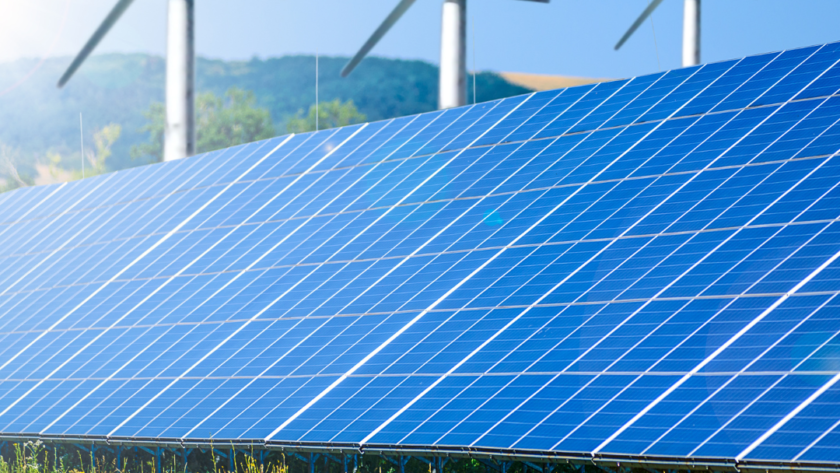The global energy landscape is at a critical juncture, grappling with an urgent need for sustainable and renewable energy sources. While fossil fuels, including coal, oil, and natural gas, still constitute the most substantial portion of the world’s energy supply, their detrimental impacts on the environment are driving a paradigm shift.
Nations worldwide are increasingly adopting renewable energy sources such as solar, wind, and hydropower, marking a transformative stride towards sustainability. Nevertheless, the transition is not without challenges, including infrastructural hurdles, cost implications, and a need for comprehensive policy reforms.
In this article, we explore the potential of sustainable energy in empowering communities and how it can pave the way for a greener, more inclusive future.
Understanding Sustainable Energy
Sustainable energy is derived from sources that are naturally replenished and have little to no negative impact on the environment. These include solar, wind, hydropower, geothermal, and biomass energy. Compared to fossil fuels that emit harmful greenhouse gases and contribute significantly to climate change, sustainable energy has minimal environmental impacts.
Moreover, unlike finite fossil fuel reserves, renewable energy sources are virtually inexhaustible, making them a highly sustainable option for meeting the world’s energy demand.
The Role of Sustainable Energy in Empowering Communities
The benefits of sustainable energy go beyond just mitigating climate change; they also have the power to empower communities. Here’s how:
1. Access to Affordable and Reliable Energy
For many low-income communities, access to energy is a luxury they cannot afford. Traditional sources of electricity are often expensive, unreliable, and not environmentally friendly. Sustainable energy offers an alternative that is both affordable and reliable, enabling these communities to power their homes, businesses, and public services at a lower cost.
2. Job Creation
The renewable energy sector has emerged as one of the fastest-growing job creators globally. In the United States alone, employment in the solar industry has grown by 167% over the past decade. Wind energy, too, has seen a surge in employment opportunities. This presents a significant opportunity for communities to benefit from job creation and economic growth.
3. Community Development
Sustainable energy projects often involve collaboration with local communities, providing them with a sense of ownership and involvement in the development process. This not only helps build trust and foster stronger relationships between energy companies and communities but also leads to tangible benefits such as improved infrastructure, education, and healthcare services.
4. Increased Energy Independence
Many developing countries rely heavily on imports for their energy needs, making them vulnerable to fluctuations in global fuel prices. By harnessing sustainable energy sources, these nations can become more self-sufficient and reduce their reliance on expensive imports, thus freeing up funds for other development initiatives.
5. Environmental Benefits
One of the most significant advantages of sustainable energy is its positive impact on the environment. By reducing greenhouse gas emissions, it helps combat climate change and air pollution, resulting in better public health outcomes for communities.
The Challenges Ahead
While the potential benefits of sustainable energy are vast, there are still challenges that need to be addressed. These include:
1. Cost Implications
The initial investment required for infrastructure and technology to harness renewable energy sources can be costly, making it inaccessible for some communities.
2. Infrastructure Limitations
In remote or underdeveloped areas, establishing the necessary infrastructure to support sustainable energy projects can be challenging. For example, wind turbine installation companies may face difficulties in accessing hard-to-reach locations. This calls for innovative solutions and collaborations between governments, private companies, and communities.
3. Policy Reforms
The transition to sustainable energy requires comprehensive policy reforms that promote renewable energy adoption, remove barriers to entry, and provide incentives for individuals and businesses. Governments play a crucial role in driving this change.
Conclusion

Sustainable energy has the potential to be a game-changer in empowering communities and driving sustainable development. By providing access to affordable, reliable, and cleaner energy, it can improve living standards, create jobs, and protect the environment for future generations. However, governments, businesses, and communities must work together to overcome challenges and fully realize the benefits of sustainable energy.
Together, we can build a brighter, more sustainable future for all. So let’s join hands and harness the power of sustainable energy to empower communities worldwide.



